Artificial intelligence (AI) is driving seismic shifts across industries, with transformative developments announced on June 2, 2025, showcasing its potential to redefine advertising, enterprise solutions, and creative production. Meta Platforms’ ambitious plan to fully automate advertising with AI, Anthropic’s explosive $3 billion revenue milestone, and Google’s unveiling of the Veo 3 AI video generation tool highlight the technology’s growing influence. These advancements, reported yesterday, signal a future where AI reshapes business operations, creative workflows, and societal dynamics, while raising urgent questions about privacy, job displacement, and ethical governance.
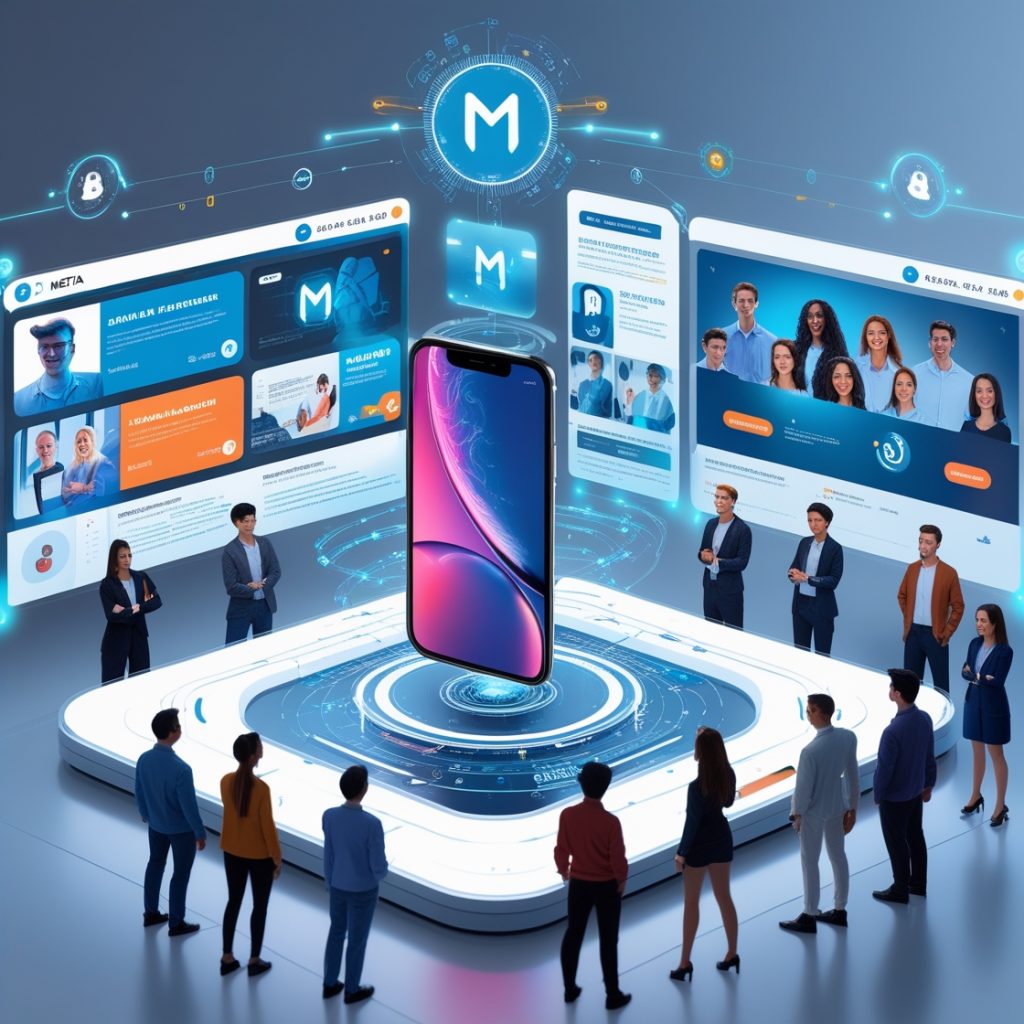
Meta’s AI-Driven Advertising Revolution
Meta, the parent company of Facebook and Instagram, announced a bold strategy to enable advertisers to create and target campaigns entirely through AI by the end of 2026. According to Reuters and The Wall Street Journal, Meta’s AI tools will allow brands to input a product image and budget, with the system generating tailored ad campaigns—complete with visuals, copy, targeting parameters, A/B testing, and real-time optimization. This move builds on Meta’s existing AI capabilities, which already assist in refining creatives and automating operational tasks, but promises a leap toward fully autonomous advertising at scale, potentially slashing costs by up to 90%.
The announcement sent shockwaves through the advertising industry, with shares of traditional agencies like WPP, Omnicom, and Interpublic dropping 3–5% as investors reacted to the competitive threat. Posts on X reflected the market’s response, with users like @Alpha_Bronze noting, “Meta’s AI ad tech could crush legacy agencies,” and @poohai03 praising its potential to streamline workflows for small businesses. Meta’s AI assistant, recently reported to have reached one billion monthly active users, will likely power this transformation, leveraging vast datasets from its social platforms to enhance targeting precision.
However, the plan has sparked concerns among Meta’s current and former employees about reduced human oversight, particularly on issues like privacy and algorithmic bias. The company’s intention to use public posts from platforms like Facebook and Instagram to train its AI models, especially in regions like Europe, has reignited debates about data ethics. While Meta offers an opt-out mechanism, critics describe it as cumbersome, raising questions about transparency and user consent. With Meta allocating $65 billion to AI development in 2025, its commitment to leading the advertising sector’s technological overhaul is clear, but the move could exacerbate tensions around data privacy and further consolidate power among tech giants, challenging traditional agencies to adapt or risk irrelevance.
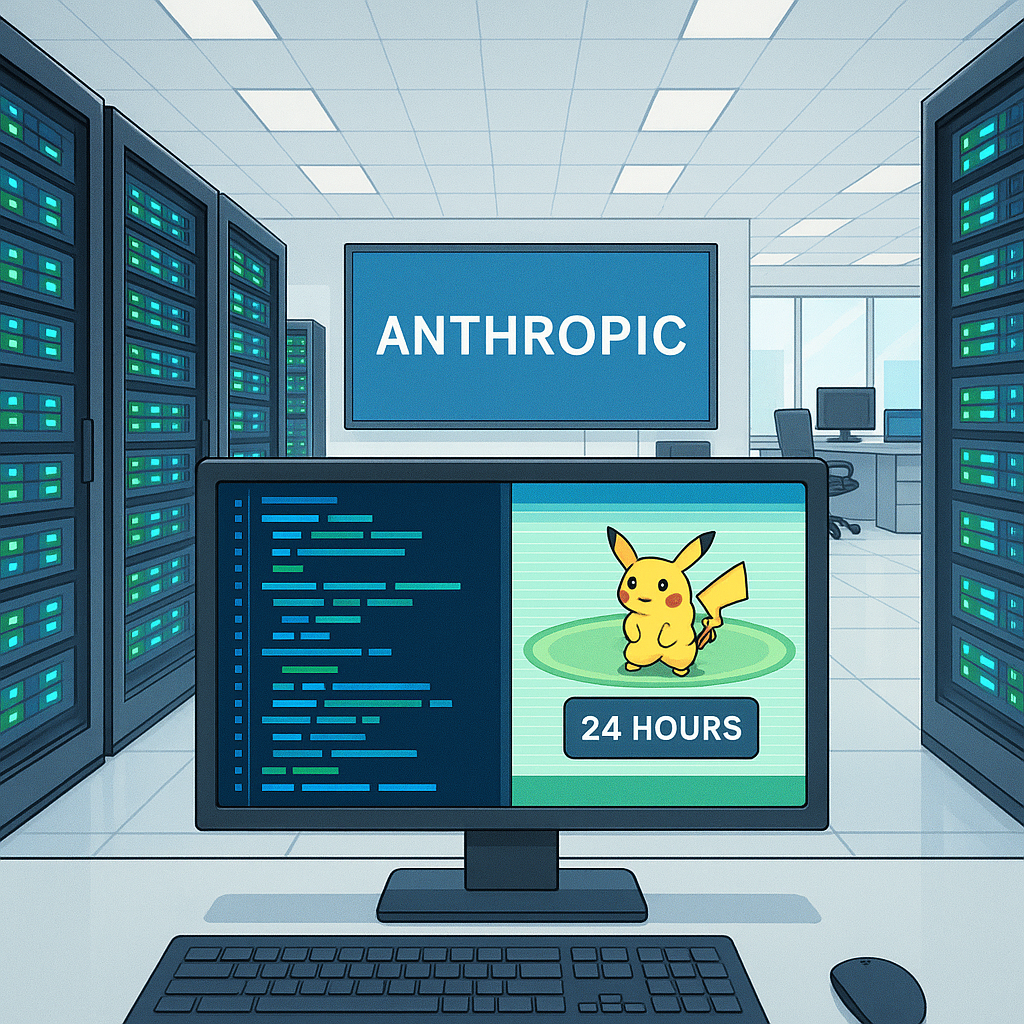
Anthropic’s Enterprise AI Surge
In the enterprise sector, Anthropic, a San Francisco-based AI startup backed by Amazon and Alphabet, reported a staggering $3 billion annualized revenue run rate on June 2, 2025, up from $1 billion in December 2024. As covered by Benzinga and CNBC, this growth, fueled by demand for Anthropic’s Claude models, positions the company as a formidable competitor to OpenAI, which projects $12 billion in revenue for 2025. Anthropic’s success is driven by its advancements in “codegen,” where its AI excels at autonomous programming, with applications ranging from extended coding tasks to playing complex video games like Pokémon for up to 24 hours.
The release of Claude Opus 4 and Claude Sonnet 4 on May 22, 2025, has further solidified Anthropic’s enterprise dominance. These models can perform tasks for nearly seven hours continuously, a significant improvement over the 45-minute capabilities of earlier versions. Reuters reported that clients like Rakuten are leveraging Opus 4 for extended coding projects, while a Menlo Ventures survey noted that enterprise spending on generative AI grew sixfold in 2024, with Anthropic doubling its market reach. This growth underscores AI’s increasing role in automating business processes, from software development to operational efficiency.
Yet, Anthropic’s rapid ascent comes with sobering warnings. At its first developer conference, “Code with Claude,” CEO Dario Amodei predicted that AI could eliminate up to 50% of entry-level white-collar jobs within five years, potentially driving unemployment rates to 10–20%. Amodei’s Anthropic Economic Index and Advisory Council aim to foster public debate on these risks, advocating for solutions like job retraining and wealth redistribution through AI company taxes. While his transparency has been praised, it highlights the dual nature of AI’s enterprise boom—offering unprecedented productivity while threatening traditional job markets. Posts on X, such as @TechBit’s comment, “Anthropic’s growth is insane, but Amodei’s job loss warning is a wake-up call,” reflect the mixed sentiment surrounding this milestone.
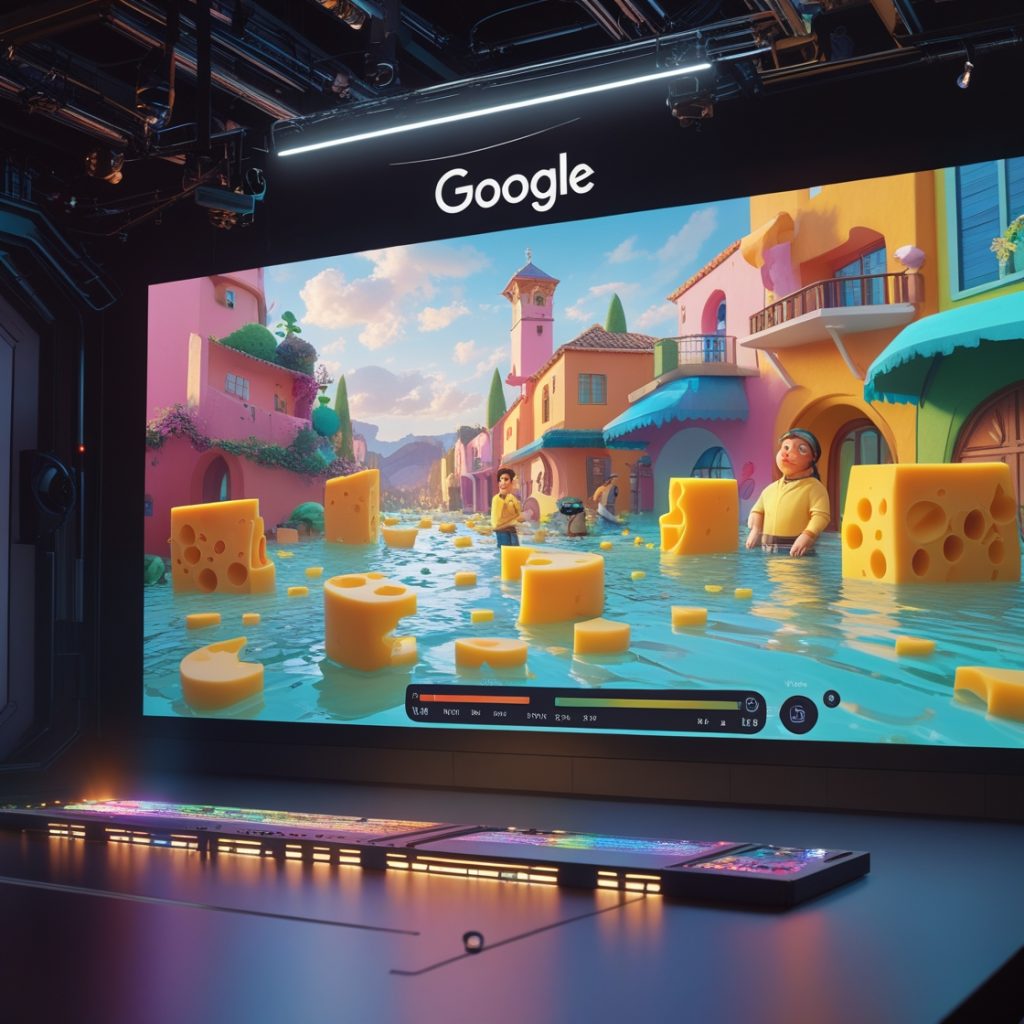
Google’s Veo 3: Redefining Creative AI
On the creative front, Google unveiled Veo 3 at its I/O 2025 conference, a multimodal AI video generation tool capable of producing realistic clips with synchronized audio, including ambient sounds, background noise, and natural dialogue. Integrated into Flow, Google’s AI filmmaking platform alongside Imagen 4 and Gemini models, Veo 3 enables creators to generate videos from text prompts with advanced camera controls and scene-building capabilities. Demonstrations showcased its versatility, from animated characters conversing to surreal visuals like a town flooded with liquid cheese, as reported by India Today and Ars Technica.
Available to Google AI Ultra subscribers in the U.S. for $250 per month and expanded to 71 countries, Veo 3 represents a leap in creative AI, with applications for filmmakers, marketers, and content creators. However, Ars Technica noted limitations due to training data constraints, indicating that while Veo 3 pushes boundaries, it is not yet perfect. Google’s broader I/O announcements, including updates to Gemini and Android XR, emphasized AI’s integration into tools like Gmail and Meet, positioning Google as a leader in consumer-facing AI. Yet, the tool’s ability to generate lifelike videos raises concerns about misinformation, with Axios warning that Veo 3 could blur the line between real and synthetic media.
Broader Implications and Ethical Challenges
The developments from Meta, Anthropic, and Google illustrate AI’s transformative potential across diverse sectors. Meta’s advertising automation could democratize access for small businesses but risks sidelining traditional agencies and amplifying data privacy concerns. Anthropic’s enterprise growth highlights AI’s commercial viability but underscores the need for policies to address job displacement. Google’s Veo 3 opens new creative possibilities but amplifies risks of deepfakes and media distrust. Together, these advancements signal a future where AI is integral to business, creativity, and daily life, but they also demand robust ethical frameworks.
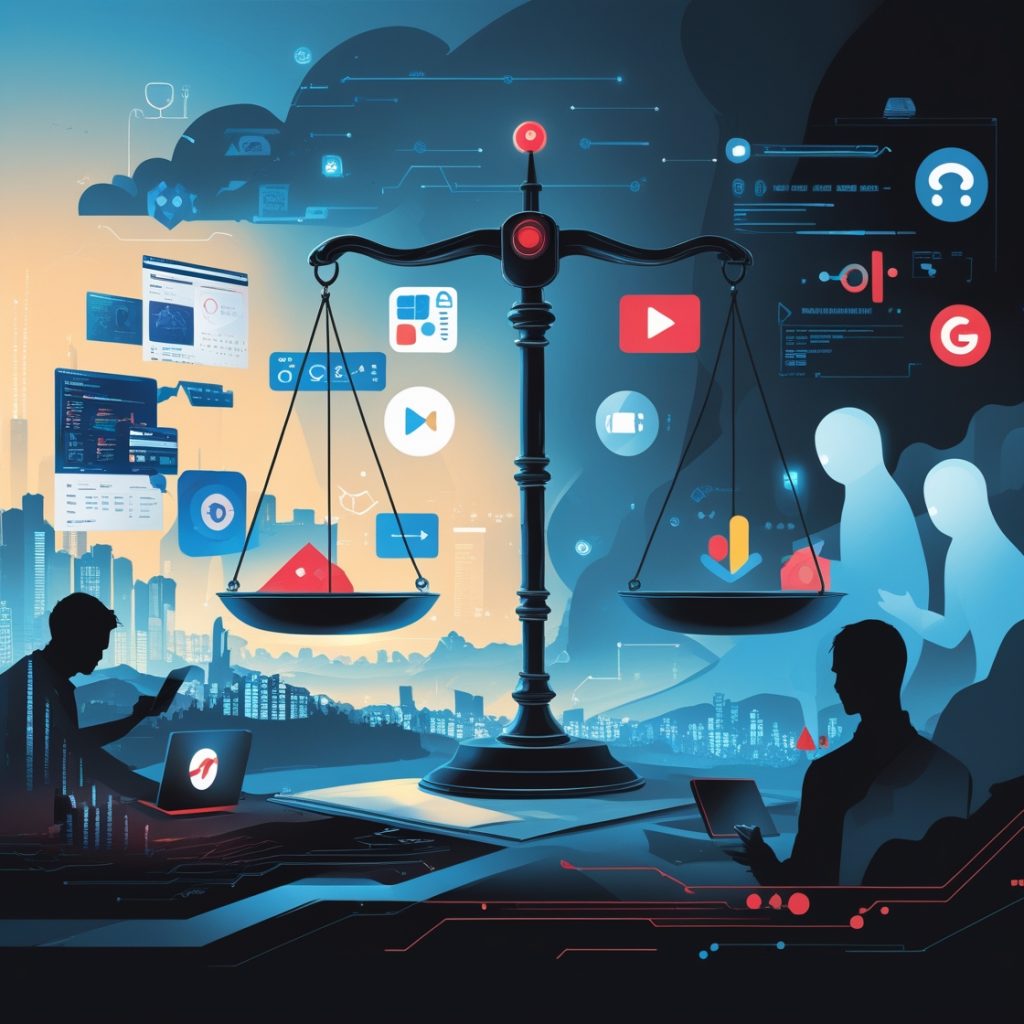
Privacy remains a central issue, particularly for Meta, whose data practices face scrutiny in light of its AI ambitions. Anthropic’s warnings about job losses highlight the need for proactive measures like retraining programs and economic policies to mitigate unemployment. Google’s realistic video generation tools raise urgent questions about misinformation, necessitating solutions like digital watermarks or regulatory oversight to ensure media authenticity. As Amodei stated, “We, as the producers of this technology, have a duty to be honest about what is coming,” a sentiment that resonates across the industry.
The Road Ahead
The AI advancements announced on June 2, 2025, mark a pivotal moment in the technology’s evolution. Meta’s push toward fully automated advertising, Anthropic’s enterprise dominance, and Google’s creative AI innovations reflect the diverse applications driving AI’s growth. However, these developments also underscore the need for balanced approaches to address their societal impacts. Policymakers, industry leaders, and communities must collaborate to harness AI’s benefits—improved efficiency, creativity, and accessibility—while mitigating risks like job displacement, privacy erosion, and misinformation.
As AI continues to reshape industries, the choices made today will determine whether it becomes a force for inclusive progress or a source of disruption.
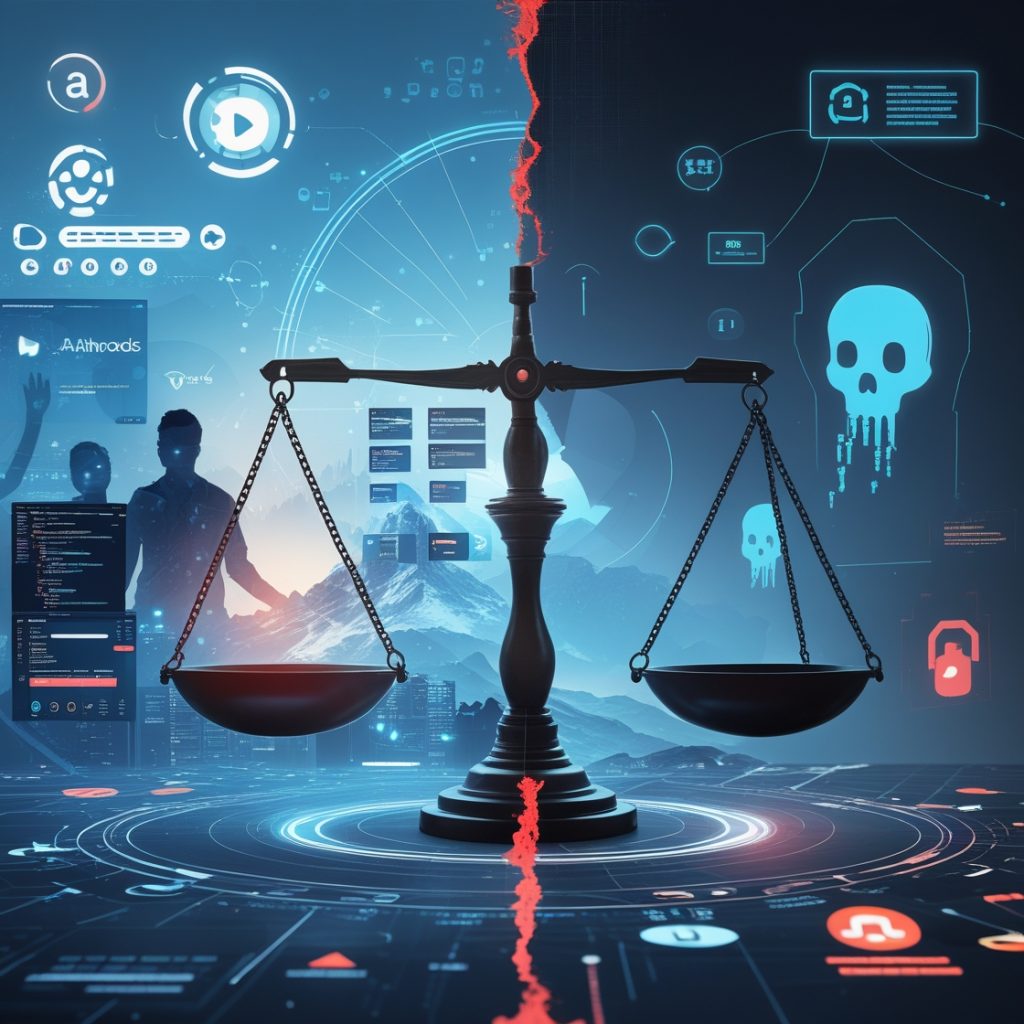
The advancements from Meta, Anthropic, and Google offer a glimpse into a future where AI is ubiquitous, but ensuring that future benefits all requires vigilance, transparency, and collective action.
Copyrights: Dhaka.ai



